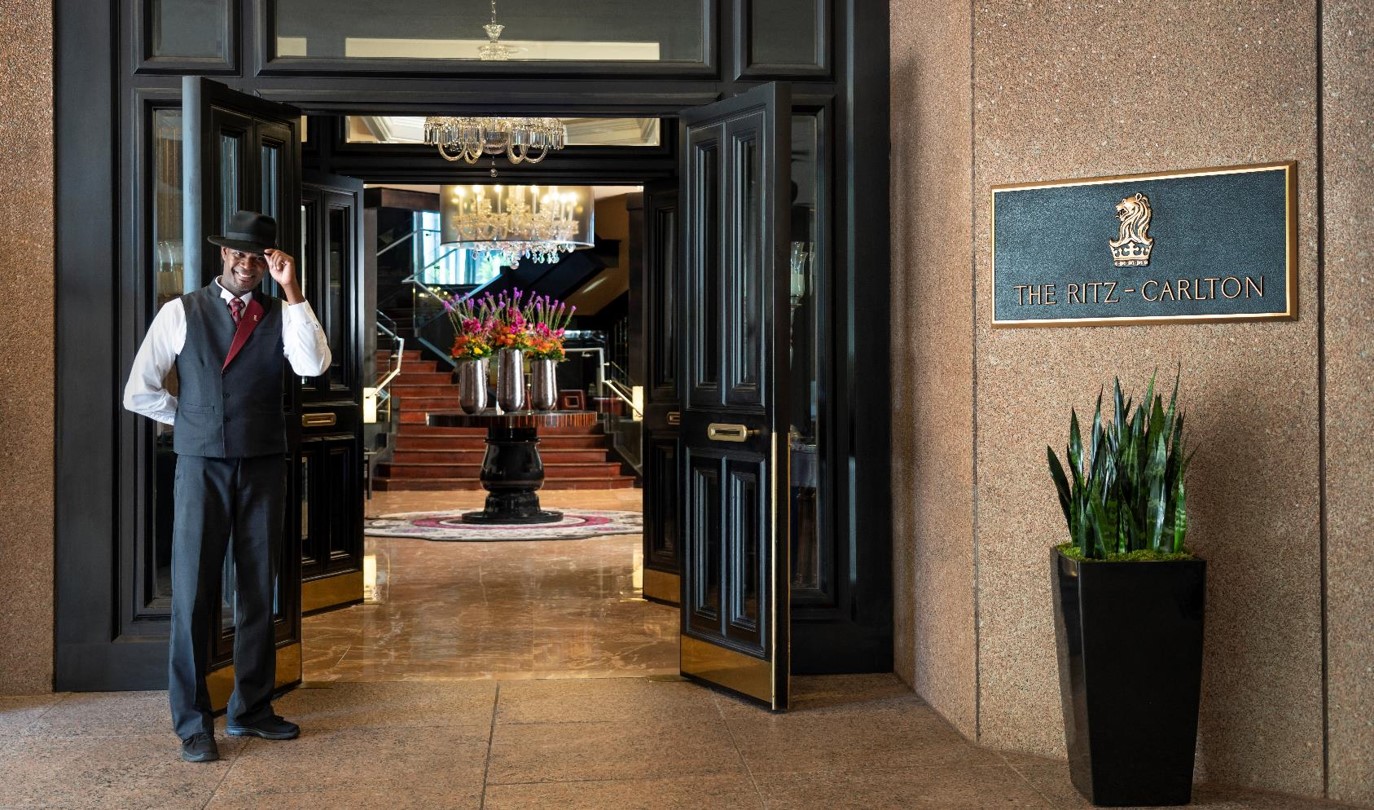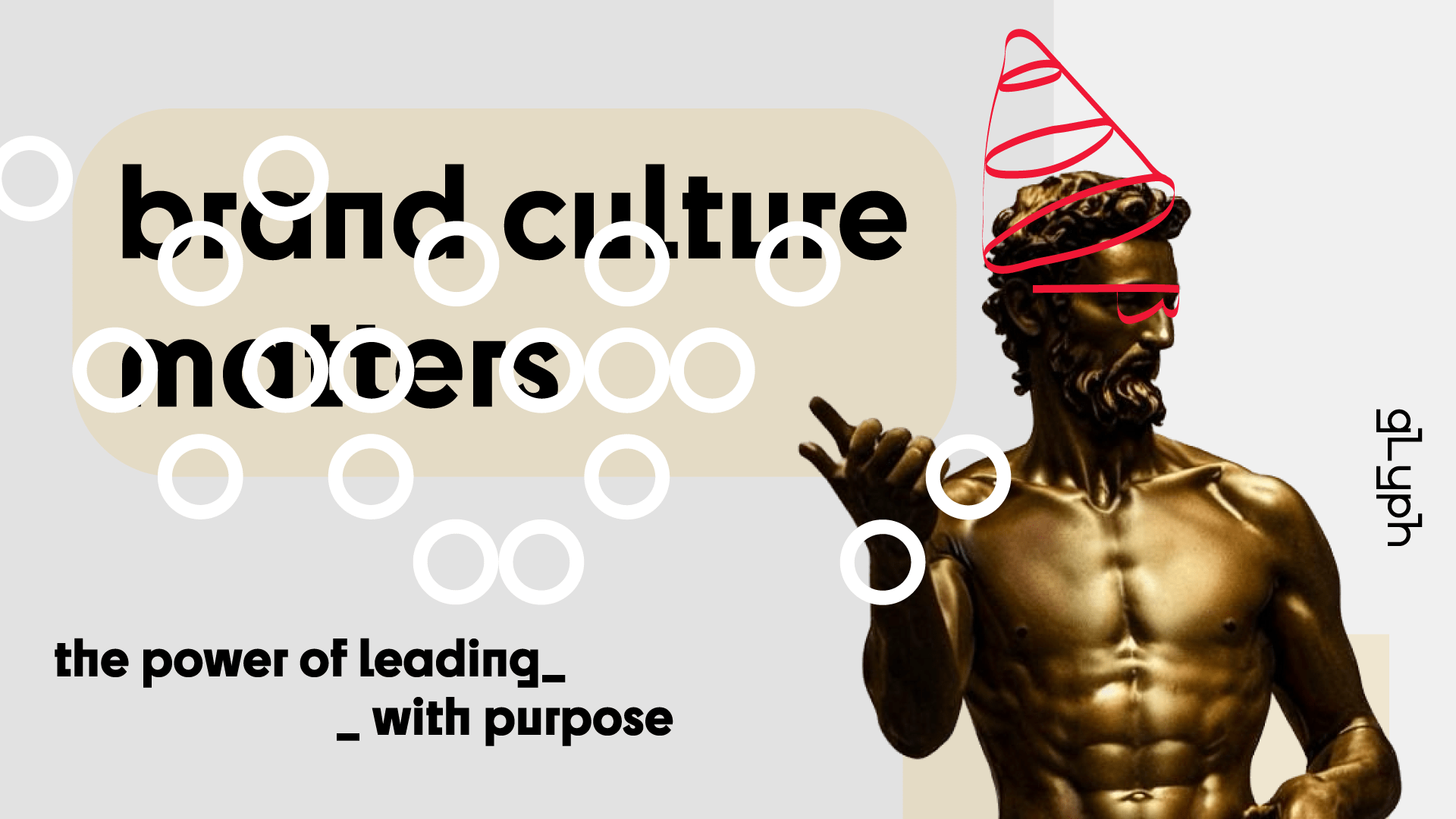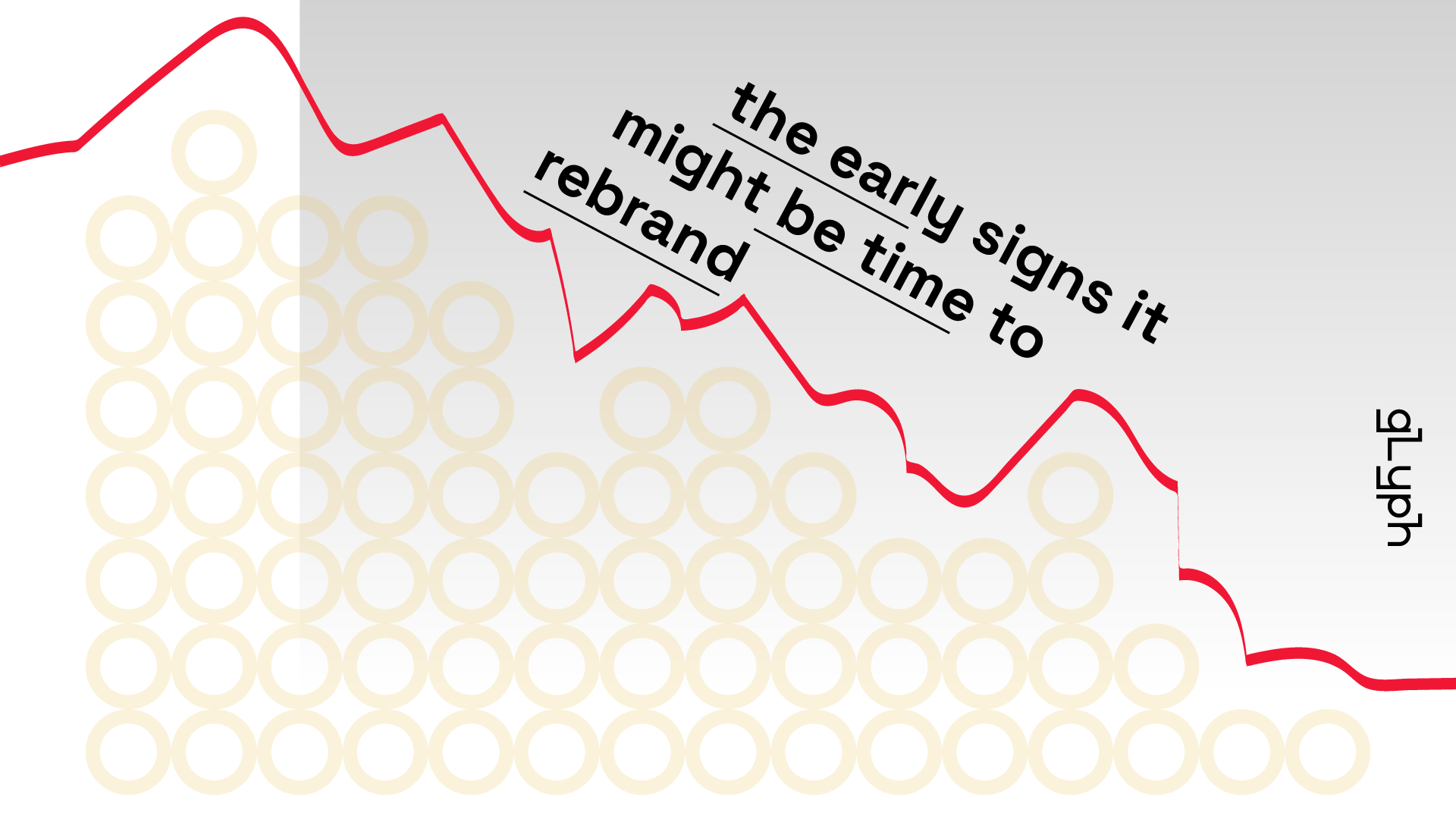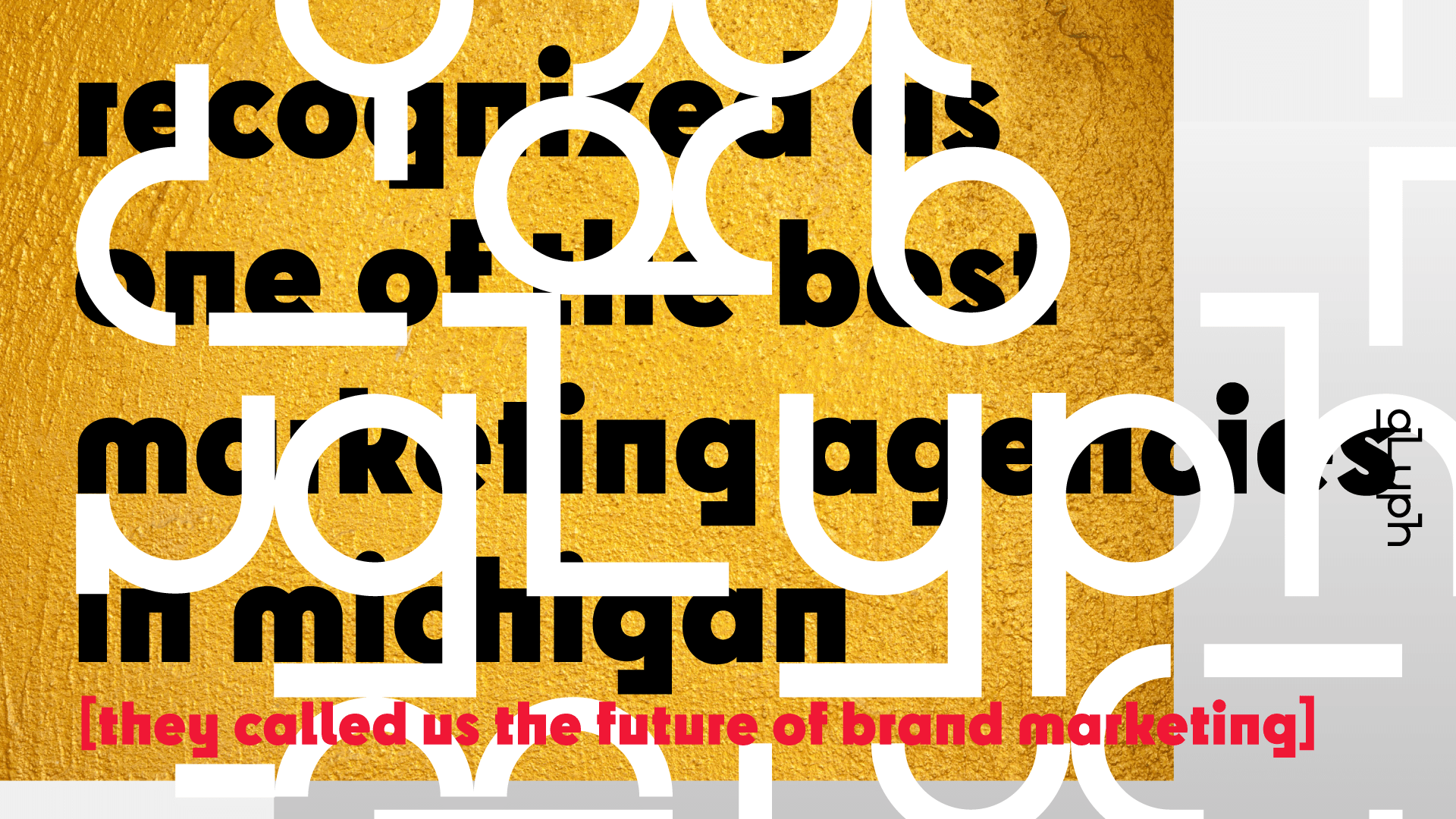What is the secret to a company's enduring success? Does your brand resonate deeply with the culture you cultivate within your organization? Are these elements synergistically creating value, or are they at odds, leading to confusion and inconsistency?
The alignment of brand and culture is not just an operational necessity; it's a substantial competitive edge, influencing everything from talent acquisition and retention to productivity and profitability.
How a company operates internally has a direct and profound impact on its external perception and reputation. In essence, your brand and culture don't just coexist; they must reflect and reinforce each other.
overview
The Benefits of Promoting A Brand Culture
Promoting your Brand Culture is actually easier to start than you might think. However, there is a difference between knowing how to drive and winning the race. All organizations already have a Brand Culture simply by existing - even if they didn't manage it themselves.
The moment any business has a buying customer [or a customer that decided not to buy], it happened. Today we are going to help you harness your culture for the good of you, your team, your stakeholders, and your audience.
Our agency has helped hundreds of organization's define who they are, what they offer, and why they exist - but why is this level of strategy necessary?
A powerful Brand Culture helps:
- grow brands that genuinely represent what the business believes in
- attract like-minded employees that value and promote your brand motives
- fosters relationships with potential customers that share a similar set of passions and lifestyle
- cultivates a positive environment where team members feel motivated and are rewarded
The first step is understanding your Brand and what a brand actually is. Your Brand is the total sum of people's expectations and how you interact with them. By analyzing your Brand and defining your Branding, you can better control your presence that you cultivate with customers.
If you want to dig deeper into the strategic differences between Brands and Branding, give our journal a read before going further.
Reputation makes a difference
Positive company culture is essential, and we will break down reasons and examples why shortly But first, some data. Employees, executives, and stakeholders know of the power of culture and use it to make informed career choices.
Survey data gathered by TeamStage.IO reveals that 82% of respondents view culture as a key competitive edge.
The significance of company culture is increasingly recognized by today’s entrepreneurs. Armed with this understanding, executives are actively shaping their organizational cultures to foster exceptional productivity and performance.
Insights from company culture and employee engagement statistics indicate a direct correlation between culture and organizational success. Business leaders are now more aware than ever of how a positive company culture enhances employee productivity, behavior, and engagement.
Furthermore, 65% of employees stated they would probably leave their company if it received negative publicity in the news or social media because of negative company culture.
Culture Starts With Small Actions
Ready to start taking actions? Great! You can integrate these short systems into your normal business objectives to positively feed your brand culture over time.
The Power of Purpose
Branding isn't just superficial fluff designed to make your company look good; instead, it's an essential ingredient that influences every aspect of your business journey to success.
Purpose offers a meaningful direction that goes beyond profit. It's about the 'why' behind your business - why you exist, what problems you aim to solve, and how you contribute to the broader community or world. This purpose drives every strategic decision, shaping the narrative of your brand and resonating deeply with both employees and customers.
For example, a brand with a purpose centered around sustainability will not only develop eco-friendly products but will also embed sustainable practices into every aspect of its operations, from supply chain management to office practices. This purpose-driven approach creates a culture that empowers everyone in the company to work towards a shared, meaningful goal.
By defining your brand's mission and vision upfront through meticulous research and analysis of consumer behavior trends within the market you operate in- you pave the way towards creating powerful connections between consumers and what sets you apart from competition.

Ritz Carlton Leadership Center
Differentiation Through Authenticity
Positioning yourself strategically to compete against rivals begins with understanding what makes you unique. This leads us back to establishing strong core values at the heart of everything you do.
Your customers crave authenticity. Not by believing in a set of values, but having those values represented across the entire company and actions.
The Ritz-Carlton Hotel Company exemplifies this principle brilliantly with its legendary culture of exceptional service. Their approach to hospitality isn’t merely about providing a luxury experience; it’s about crafting an unforgettable emotional experience for every guest.
The Ritz-Carlton has elevated service to an art form. Their philosophy, ‘We are Ladies and Gentlemen serving Ladies and Gentlemen,’ goes beyond a mere tagline; it’s a mindset ingrained in every employee.
Activating Authentic Differentiation
This philosophy is apparent in every interaction, whether it's the warm welcome upon arrival, the meticulous attention to detail in room preparation, or the personalized touches that anticipate a guest's needs. This commitment to outstanding service has not only earned them a loyal customer base but also a distinguished reputation in the hospitality industry.
But the impact of this unique culture extends further. It creates a standard of excellence that influences the entire industry. The Ritz-Carlton's dedication to exceptional service has raised the bar for luxury hospitality, compelling competitors to elevate their service standards. They have demonstrated that a strong, well-executed brand culture can become a company’s most influential asset.
This culture of service excellence is also a powerful internal tool. It unites the staff under a shared vision, fostering a sense of pride and purpose. Employees of the Ritz-Carlton are ambassadors of their brand, fully committed to upholding the standards and values of the company. This unity and dedication not only enhance the guest experience but also contribute to a strong, cohesive working environment, driving the brand’s success from the inside out.
The lesson for other brands in any industry is clear: a unique brand culture is not just a differentiator; it’s a driving force. It shapes perceptions, defines experiences, and sets a standard within the industry.
When they align their own beliefs with those reflected through brands' actions AND words – loyalty increases exponentially because buying decisions become less transactional but rather aligned on shared belief systems!
Employee Engagement and Satisfaction
Equipping employees to embody and advocate the company's narrative is crucial across businesses of every scale and industry. It's essential that your team understands and supports not only what your company does – its strategy, brand, mission, and vision – but also how each individual's role and actions contribute to this big picture through shared values, behaviors, and competencies.
When every employee becomes a beacon of brand-building behaviors, they collectively enhance the customer experience, turning every interaction into an opportunity to reinforce your brand's promise.
The ultimate goal is to infuse your employees with such a profound affinity for your brand that they become its most passionate evangelists. They should feel compelled to share the virtues of your brand not just in professional settings, but with friends, family, and in their wider communities.
As a leader, your role transcends mere management; it's about inspiring and instilling a sense of pride and ownership in every team member. Transforming them into brand evangelists isn't just beneficial; it's foundational to building a brand that resonates authenticity and purpose at every touchpoint.

How Patagonia Became Fashion’s Favorite Outdoor Brand - GQ
Fostering Customer Loyalty
Brands that genuinely commit to values and causes that resonate with their customer base can build a level of loyalty that goes beyond the ordinary. Patagonia is a prime example of this phenomenon.
Their unwavering commitment to environmental sustainability isn't just a part of their business model; it's the heart and soul of their brand identity. This deep-seated dedication to the planet shapes every decision they make, from the materials they use in their products to the initiatives they support. It’s a commitment that’s palpable in every jacket, backpack, and pair of hiking boots they produce.
This authentic dedication to sustainability has fostered a community of customers who are not just buyers, but true believers and advocates of the brand’s mission. Patagonia’s customer base appreciates more than just the physical quality of the products.
They connect with the company's ethos, its stance on environmental issues, and its efforts to promote positive change. This connection transforms ordinary customers into a loyal community, eager to support, promote, and align themselves with the brand’s goals.
Patagonia’s approach goes beyond traditional marketing or branding strategies. They educate their consumers on environmental issues, involve them in initiatives, and even encourage sustainable practices, like repairing old gear instead of buying new.
This level of engagement creates a powerful emotional connection with the brand. Customers feel they are contributing to a greater good by choosing Patagonia, which in turn fosters a sense of belonging and loyalty.
Moreover, Patagonia's stance on environmental issues has set a new standard in the industry, compelling other brands to rethink their strategies and operations in light of environmental and social responsibility. Their influence demonstrates how a brand’s commitment to a cause can extend its impact far beyond its own customer base, driving industry-wide change.
Activating Customer Loyalty
This example illustrates a critical lesson for other brands: loyalty is earned through genuine commitment and action. It's about aligning your brand with values that not only resonate with your target audience but are also intrinsically woven into the fabric of your business.
When a brand lives out its values with integrity and transparency, it builds a strong, loyal community of customers who feel proud to be associated with it. In a world where consumers are increasingly conscious of the ethical and environmental impacts of their purchases, this approach is not just admirable – it’s essential for long-term success and relevance.

The 12 reasons Apple employees love working for the company - 9-5Mac.com
Cultivating A Stronger Brand Identity
Consider Apple, a paragon of such brand culture. Its unwavering commitment to innovation and design excellence is not just a business strategy; it's a creed that resonates through every product they launch and every message they convey.
Apple's example demonstrates how a deeply ingrained culture of creativity and attention to detail can elevate a brand to iconic status. Their products are not just devices; they are the culmination of a philosophy that prioritizes user experience and aesthetic elegance.
This ethos is evident in the sleek lines of their devices, the intuitive simplicity of their software, and the distinctiveness of their retail spaces. But beyond tangible elements, it’s the intangible aspects of Apple's culture – the relentless pursuit of perfection, the courage to break norms, the commitment to pushing the boundaries of what's possible – that truly sets it apart in a crowded marketplace.
This emphasis on a cohesive brand culture extends beyond product development. It influences how Apple interacts with its customers, shapes its marketing strategies, and dictates its approach to innovation.
Activating Stronger Visual Identity
The result is a brand experience that is seamless, compelling, and deeply engaging, turning customers into loyal followers and advocates. Apple's culture doesn't just drive its success; it is the essence of its brand identity.
In the same way, other companies aspiring to stand out in their respective markets must recognize the power of a strong brand culture. It's not about emulating Apple’s specific practices, but rather understanding the underlying principle: a company’s culture should be a deliberate, well-crafted narrative that permeates every aspect of its business.
It's about creating a culture that aligns with your core values and mission, then living out that culture in every product, every service, and every customer interaction. In doing so, you establish a clear, distinct, and enduring brand identity that resonates with your audience and withstands the tests of time and competition.
The Markers of a Strong Brand Culture
A brand culture anchored in a clear and compelling purpose has far-reaching impacts. Internally, it creates a sense of unity and direction, galvanizing employees around a common goal and fostering a sense of belonging and commitment.
Externally, it helps in forming a deeper connection with customers, who increasingly prefer to engage with brands that stand for something meaningful. This approach not only differentiates your brand in a competitive landscape but also builds a lasting legacy that transcends traditional business metrics.
Consistency
In a purpose-driven brand culture, consistency means that the purpose is consistently communicated and evident in every action of your business. It reflects in your marketing, your product development, your customer service, and the way your team members collaborate and communicate.
Authenticity
Authenticity in a purpose-driven brand culture is about genuinely living up to your purpose. It involves making decisions that align with and reinforce your purpose, even when those decisions are challenging or less profitable in the short term. This authenticity builds trust and credibility with both your internal and external stakeholders.
Integration
A purpose that is deeply integrated into your brand culture informs and influences every layer of your organization. It is not just a statement on a website or a slogan in a campaign; it's a lived experience and a lens through which every part of the organization views its work. From top management to new hires, everyone is aligned and motivated by this shared purpose.
next steps
A distinctive brand culture is not just an asset; it's a necessity for enduring success and differentiation. These brands stand as testaments to the power of a well-crafted, authentic brand culture in creating a lasting impact on customers, employees, and the industry at large. Now, the question turns to you: What does your brand stand for?
How deeply are your values and purpose integrated into every facet of your business? It's time to move beyond passive contemplation to active cultivation of a brand culture that resonates, inspires, and differentiates. This isn't just about enhancing your brand; it's about transforming it into an entity that lives and breathes its core values.
Remember, creating a brand culture that stands out in a saturated market is an ongoing process, requiring commitment, creativity, and consistency. It demands not only vision but also action. Begin by clearly defining your brand's purpose and values.
Encourage and empower your team to embody these principles. Forge connections with your customers that go beyond transactions, building relationships based on shared values and experiences.
The task ahead is not insignificant, but the rewards are immeasurable. In an era where consumers are increasingly aligning with brands that reflect their values and beliefs, a strong brand culture is the key to unlocking deeper customer relationships and sustained business growth.
The time to act is now. Shape your brand culture into a dynamic force that propels your business forward, creates meaningful connections, and sets you apart in the ever-evolving market landscape.
Your brand's future success depends on the steps you take today to cultivate a culture that truly represents who you are and what you stand for.
GLYPH is an internationally-recognized brand strategy and brand design agency and consultancy. Our team has been at the forefront of innovating brand strategies and have frequently been rated as one one of the best branding agencies in Michigan.
Is a rebrand on your horizon? Curious how much more competitive your business could be after implementing a new postioning strategy? Grab a cup of coffee with us (in person or virtually) and let's talk about your goals.


